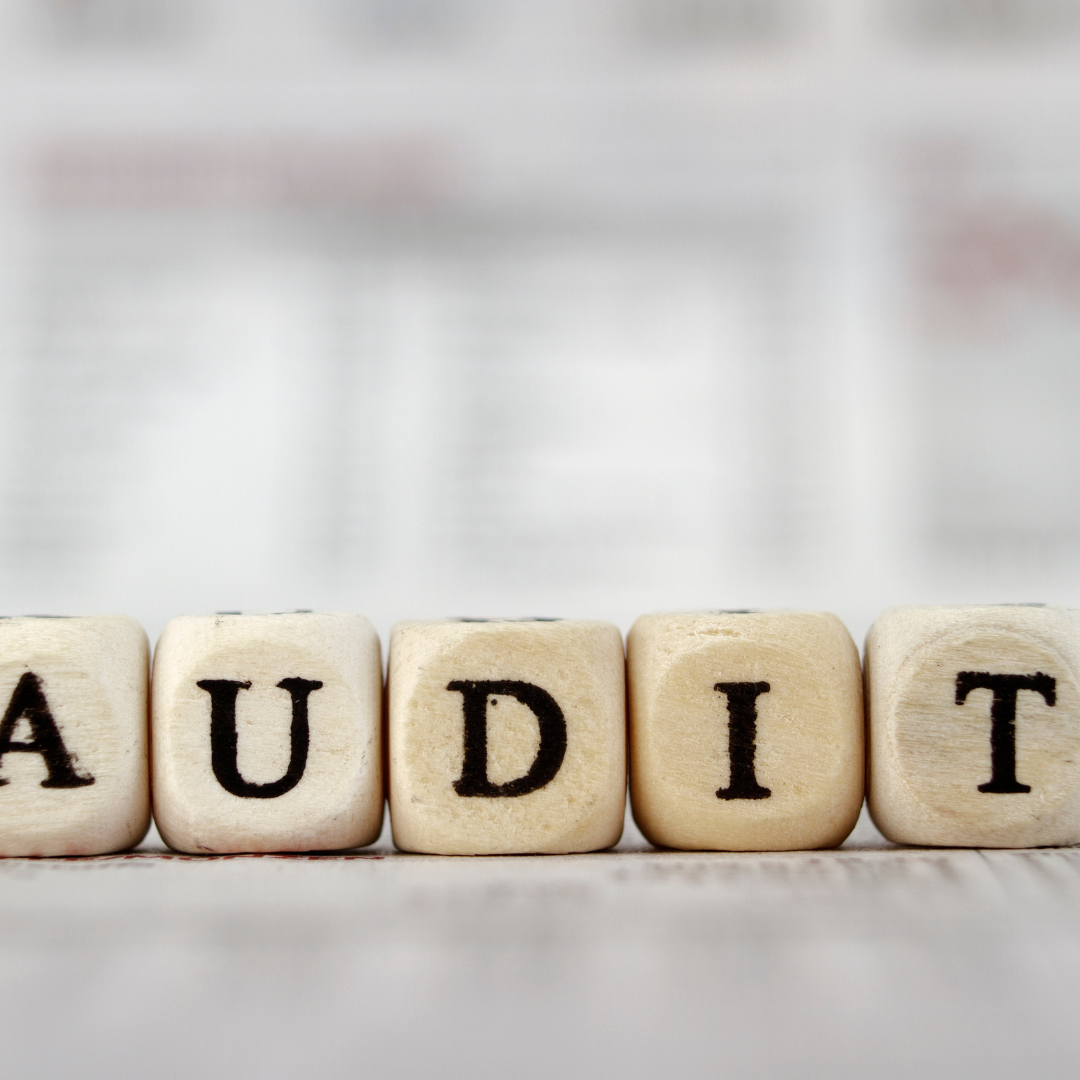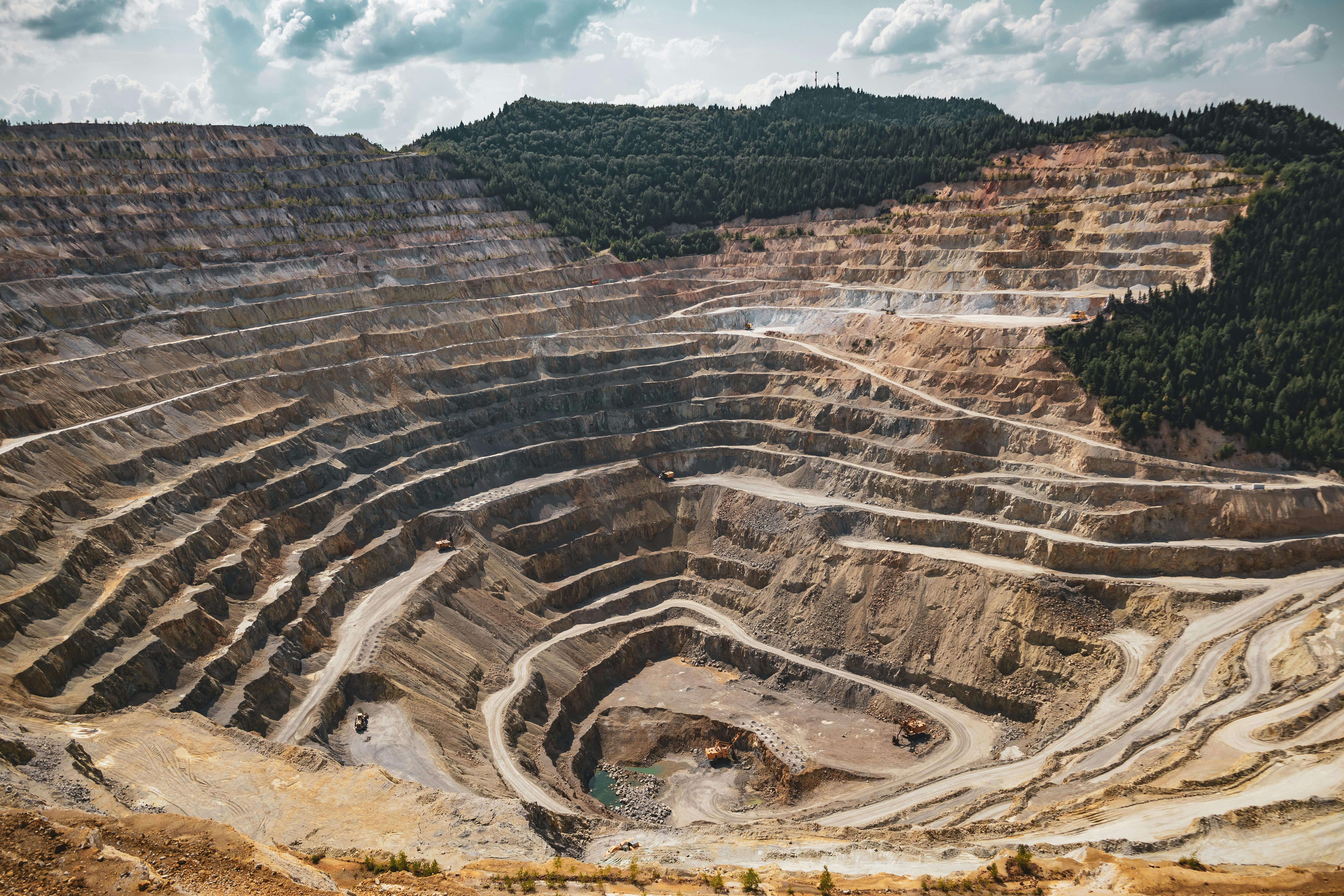Solid mineral audit reports by the Nigeria Extractive Industries Transparency Initiative (NEITI) is just a first step in the journey towards accountability in the sector

The Nigeria Extractive Industries Transparency Initiative (NEITI) plays a crucial role in ensuring accountability and transparency within the extractive sector, particularly in the solid minerals industry. As Nigeria seeks to diversify its economy beyond oil, the solid minerals sector presents a significant opportunity for growth and development.
The latest NEITI audit report reveals that Nigeria’s solid minerals sector has made a direct financial contribution of ₦1.137 trillion to federal, state, and local governments over a 16-year period from 2007 to 2023. This substantial figure underscores the sector’s potential as a significant revenue generator for the nation. With the volatile nature of the oil and gas sector, investing in solid minerals serves as an additional source of revenue. The current growth trajectory of the sector reflects its evolution into a key contributor to Nigeria’s economy, particularly at this time when the government seeks to diversify its revenue sources away from oil dependency.
As Nigeria continues its journey toward economic diversification, leveraging its solid minerals resources will be essential for creating sustainable development opportunities across the nation. Additionally, with the current trend of transitioning towards cleaner energy, investment in this sector is crucial as its return is worth the sacrifice. The global energy transition is driven by the realisation that avoiding the catastrophic effects of climate change requires a reduction in greenhouse gas emissions. To meet the 2015 Paris Agreement goal of keeping global warming between 1.5 and 2 degrees Celsius, the world’s energy systems need to transition away from fossil fuels—and this is one of the ways the solid minerals sector comes into play.
Key findings from the report
The 2023 Solid Minerals Audit Report, marking the 16th audit cycle, provides a comprehensive overview of the sector’s contributions from 2007 to 2023, during which ₦1.137 trillion (about $3.86 billion) in direct payments was made to government coffers. The report shows a substantial increase in government receipts from ₦7.59 billion in 2007 to ₦341.27 billion in 2022—a remarkable 44-fold rise—indicating solid mineral sector growth and evolution into a vital revenue contributor for Nigeria.
Despite this growth, the report shows that the solid minerals sector contributed only ₦1.66 trillion to Nigeria’s GDP, which is just 0.83 percent of the total GDP of ₦202.36 trillion in 2022. This depicts the untapped potential of the sector, which has yet to make a significant impact on the broader economy. In 2022 alone, the sector generated approximately ₦345.41 billion, with a reconciled final revenue of ₦329.92 billion. Exports stood at a total of 4.31 million metric tons of minerals valued at ₦117.29 billion. Discrepancies initially amounted to ₦301.6 billion, but were reconciled down to ₦100 million.
For 2023, company payments analysis indicated that total government revenue, including reconciled and unilaterally disclosed figures, reached ₦401.87 billion. Key revenue streams included VAT (₦128.32 billion), taxes collected by FIRS (₦370.09 billion), Education Tax (38.64%), Company Income Tax (10.64%), and royalties (₦9.06 billion). Initial discrepancies amounted to ₦430.95 billion, which were later reconciled to ₦329.9 billion, leaving ₦18 million unreconciled.
In 2023, production reached a total of 95,070,036 tonnes, with royalties paid at ₦9.01 billion, while exports reached a significant quantity of 4.32 million metric tonnes, valued at ₦117.29 billion. The solid minerals sector contributed approximately ₦1.76 trillion, or 0.75 percent, to Nigeria’s GDP, with the Central Bank of Nigeria’s official exchange rate standing at ₦903 as of December 2023.
The report further highlighted top mineral-producing states, including Ogun, Kogi, and Rivers, with Ogun leading production while revenue contributions were led by Osun, Ogun, and Kogi states. The report also identified the solid minerals sector’s GDP contribution at 0.83 percent in 2022, with incremental growth down to 0.75 percent in 2023—underscoring untapped potential—and reiterated policy measures and reforms needed to unlock the sector’s capacity for greater economic contribution.
The need for NEITI’s audit
The solid minerals sector possesses significant potential to contribute more substantially to Nigeria’s economy as it seeks to diversify away from its heavy reliance on oil and gas revenues; however, ongoing challenges related to mismanagement and lack of transparency hinder this progress.
Transparency in the extractive sector is essential for building public trust and ensuring that resources are managed responsibly. By conducting regular audits, NEITI helps ensure that revenues generated over the years are accurately reported and effectively utilised for national development. NEITI’s audits help uncover discrepancies between company payments and government receipts that can highlight areas of mismanagement or corruption; for instance, recent audits revealed outstanding liabilities amounting to ₦1.06 billion owed by companies to the government—emphasising the need for oversight in financial transactions within this sector.
Mismanagement in the solid minerals sector has led to severe consequences such as environmental degradation, community displacement, and inadequate infrastructure in mining regions; hence these audits serve as mechanisms for identifying and addressing these issues by providing actionable recommendations aimed at improving governance and operational efficiency within this sector.
The insights gained from NEITI’s audits are invaluable for policymakers as they provide data-driven evidence that can inform reforms aimed at enhancing regulatory frameworks governing the solid minerals sector.
The solid minerals sector has tremendous potential for driving sustainable development in Nigeria if managed properly; NEITI’s audits not only track financial flows but also assess how revenues are utilised for community development projects, infrastructure improvements, and environmental protection initiatives—ensuring that benefits derived from mineral resources extend beyond mere financial gains.
Here’s how you can play your part
By making audit findings publicly available, NEITI empowers citizens with information about how their natural resources are being managed; this transparency allows citizens to hold both government officials and companies accountable for their actions. To effectively achieve this engagement process, RemTrack—a civic tech tool deployed by OrderPaper—enhances citizen involvement by simplifying complex audit data into accessible information that can be easily absorbed by everyone.
RemTrack allows users to track remedial issues awaiting resolution or already resolved while monitoring community interventions and Corporate Social Responsibility (CSR) projects impacting their communities or states.
By using RemTrack, citizens can stay informed about how revenues from solid minerals are being utilised and advocate for responsible management of these resources; this level of engagement fosters a culture of accountability where citizens can hold both government entities and private companies accountable for their actions.



